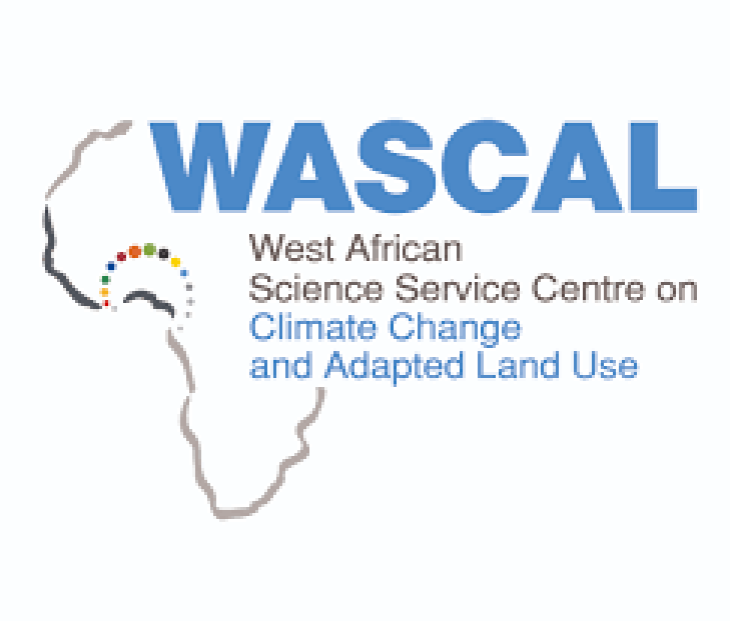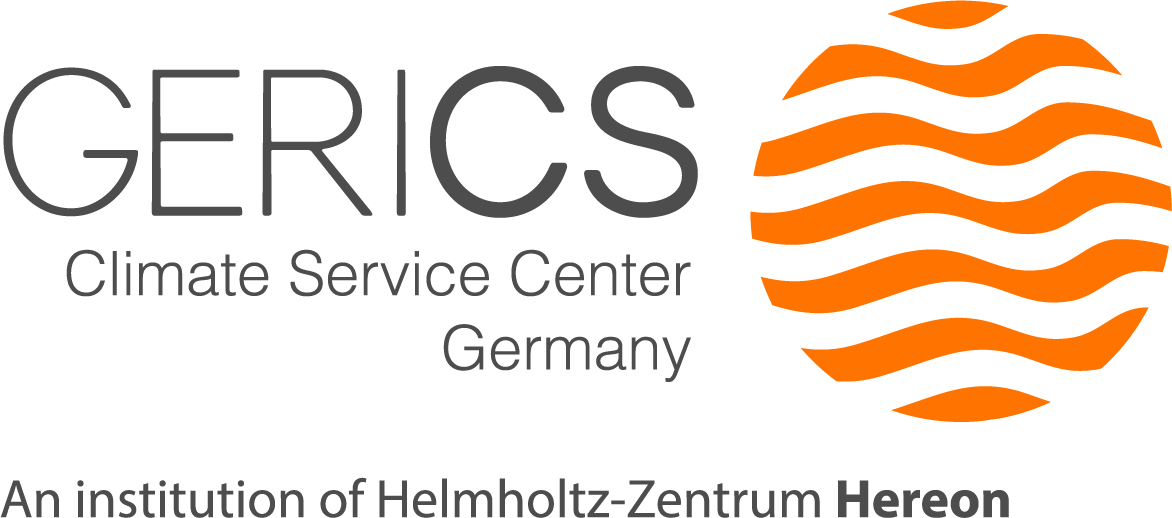WASCAL WRAP 2.0 LANDSURF
In the BMBF-funded project WASCAL WRAP 2.0 LANDSURF, an Earth system model for West Africa is being developed that will enable the provision of high-resolution regional climate change information.
Land surface processes as a determinant of climate change in Africa

Logo: WASCAL
The African continent faces various challenges and numerous risks to its population due to current and future climate change. In order to strengthen the resilience of West African societies in the sectors of agriculture, food security, water management and risk management, adaptation measures need to be planned and implemented in time. Planning climate change adaptation measures requires reliable and easily accessible regional climate change information tailored to the different needs of end-users. To generate such regional information on potential future climate change, extensive modelling is needed.
In the BMBF-funded project WASCAL WRAP 2.0 LANDSURF, an Earth system model for West Africa is being developed that will enable the provision of high-resolution regional climate change information. The novel aspect of this regional climate modelling approach is the consideration of dynamic interactions between atmosphere and land surface processes, including anthropogenic land cover change and land degradation, and between atmosphere and ocean. A major focus in the development of the model and a web-based decision support system for the sectors agriculture, food security, water management and risk management is the involvement of end-users. In addition, topic-specific training workshops for different user groups will be provided throughout the project.
GERICS contributes to WASCAL WRAP 2.0 LANDSURF by working with project partners and end-users to identify relevant cross-sectoral indicators, analyzing climate change signals of the indicators and providing its expertise in co-design and co-development throughout the development phase of the decision support system. Moreover, GERICS will set up a user-friendly version of the atmospheric component of the Earth System Model for desktop PCs called EasyREMO for West Africa.
The project is being carried out under the leadership of the Institute of Geography and Geology at the University of Würzburg. Other project partners besides the Climate Service Center Germany (GERICS) are the Institute of Geosciences and Geography at the University of Halle-Wittenberg, the University of Ouagadougou in Burkina Faso, the United Nations University Institute for Natural Resources in Africa in Ghana, the Federal University of Technology Akure in Nigeria and the AGRHYMET Regional Center in Niamey/Niger.

WASCAL WRAP 2.0 LANDSURF makes an important contribution to the current Africa strategy of the German Federal Ministry of Education and Research (BMBF) and is financed by the funding measure "WASCAL II - West African Science Service Centre on Climate Change and Adapted Land Use". The funding measure WASCAL II is an initiative of the BMBF as part of the framework program "Research for Sustainable Development"
(FONA3).
Publication
Summary of the 1st End-user Workshop on “Identification of indicators for the decision support system (DSS)”
On 8 December 2021, the 1st participatory workshop of the LANDSURF project took place, hosted by the Climate Service Center Germany (GERICS), in a virtual format to identify potential indicators for the Decision Support System (DSS) planned in this project. A total of 21 participants from six different countries (Burkina Faso, Mali, Nigeria, Togo, Uganda, Germany) were asked about their information needs in the sectors of agriculture, food security, water management and risk management through Zoom polls and Google Jamboards during the workshop.
Read the complete summary (583 KB)
